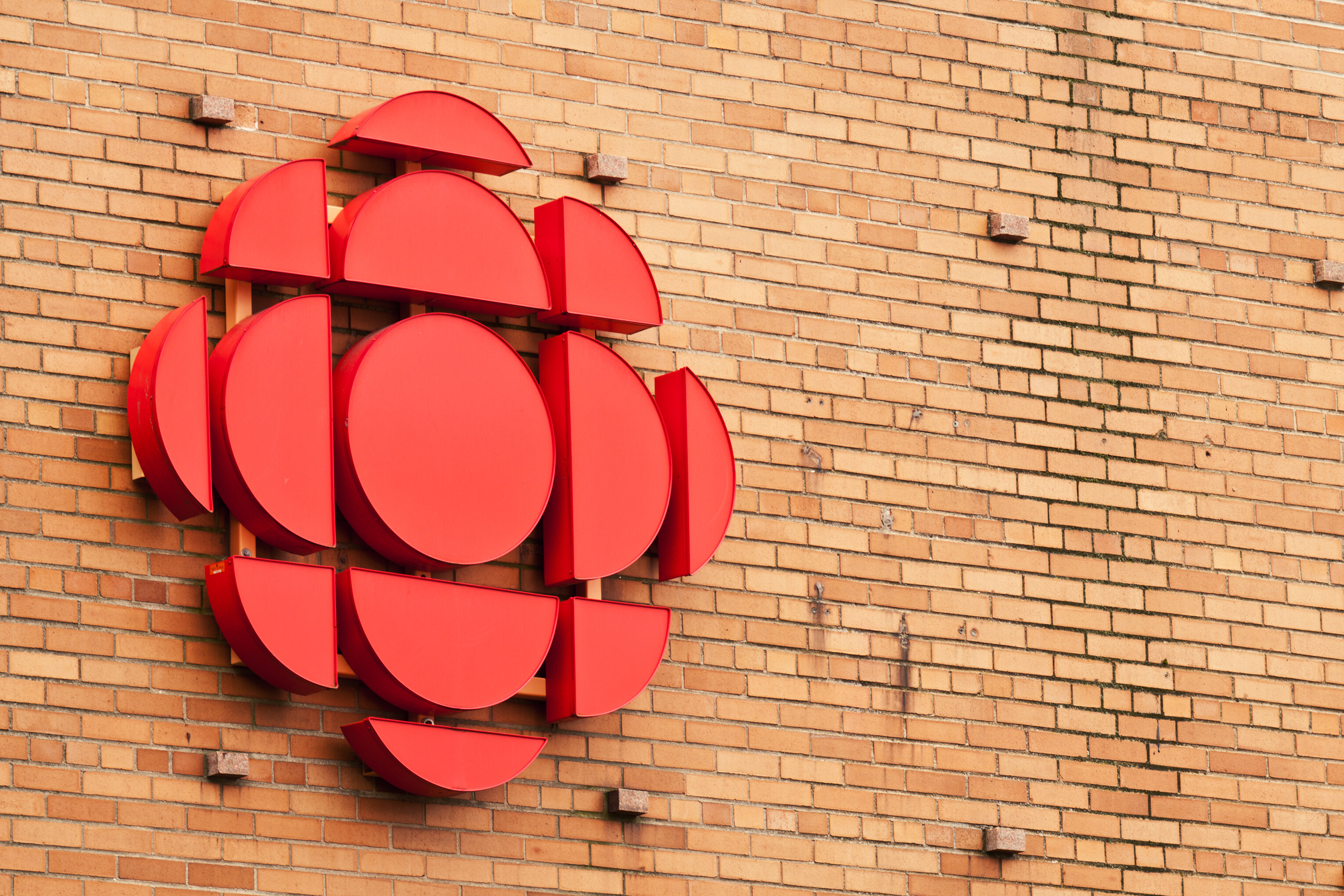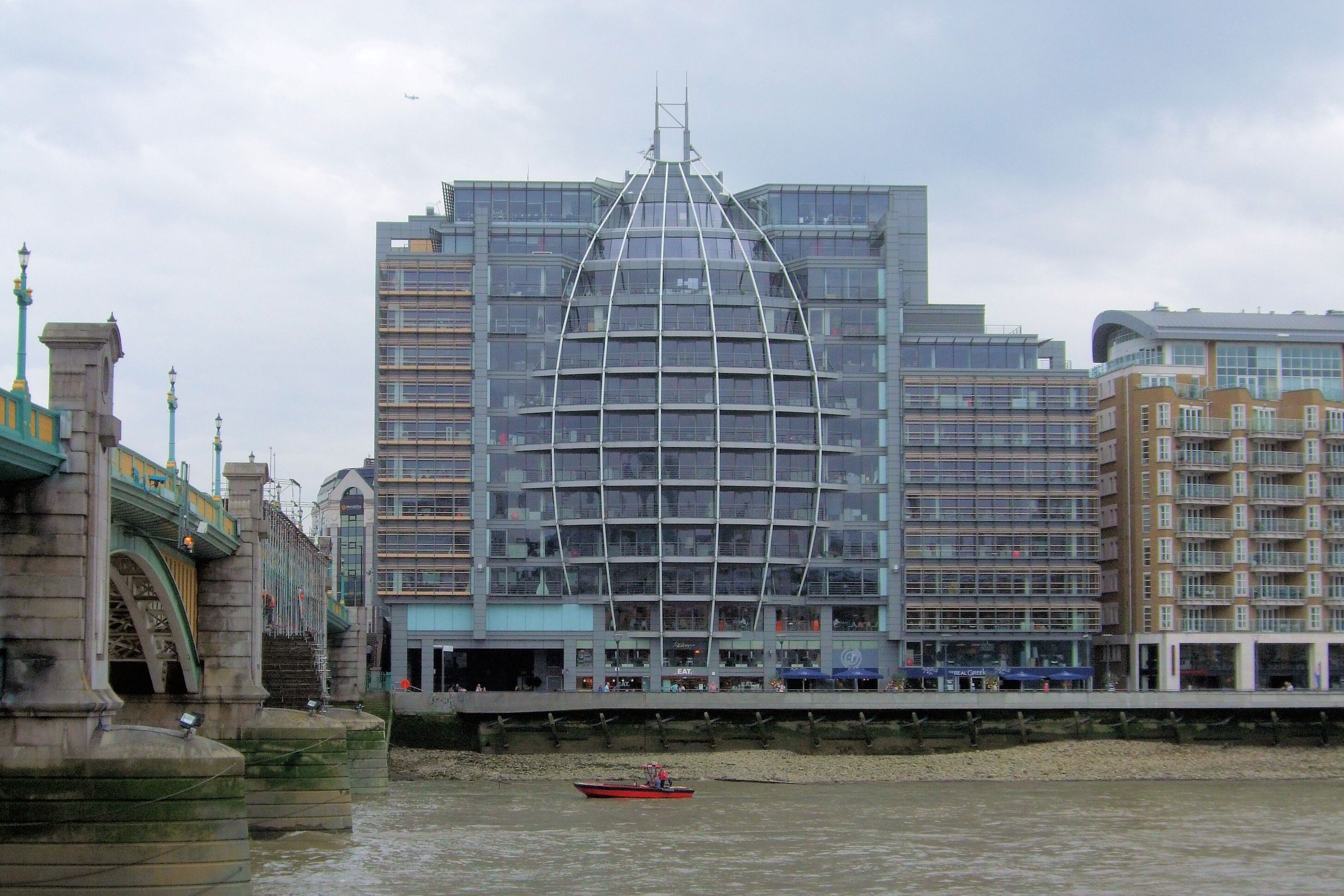A regulatory authority is an important element of broadcasting and has a role to play in protecting media freedom. But that protection requires a commitment to impartiality, independence, and transparency.
By Desilon Daniels
While broadcast regulators can look differently across the world, they should primarily aim to act in the interest of the public. This public service can look like the protection of children’s interests, such as in New Zealand where its regulator, the Broadcasting Standards Authority, has set out standards that ensure “children can be protected from broadcasts which might adversely affect them.” Broadcast regulators can also protect the media market from unfair competition and the threats of monopolisation, encourage cultural identity, and act as mediators between broadcasters and the publics they serve.
But strong governance mechanisms are necessary if broadcast regulators are to adequately meet public service goals. The Canadian Radio-television and Telecommunications Commission (CRTC) is an example of an effective broadcast regulator, with mechanisms in place to better insulate its independence from political and private interests. Its independent Commission “operates at arm’s length from the federal government” and oversees the regulation and supervision of broadcasting and telecommunications in the public interest. The Commission reports to Parliament through the Minister of Canadian Heritage. “As an independent organization, the CRTC works to serve the needs and interests of citizens, industries, interest groups and the government,” the regulator says.
CRTC has a range of responsibilities and functions in similar ways to many other regulators in the world that issue and manage broadcast licences, monitor radio and television broadcasts, and provide a public system for complaints. With rigorous regulators, these procedures are clearly outlined, allowing for accountability and transparency.
Ofcom, for example, is clear about its complaints and investigation procedures. Its Broadcasting Code also sets standards for television and radio shows, and complaints are cross-referenced with the Code to ensure the complaint’s validity. The regulator also maintains clear statutory rules, which allow for a transparent decision-making process. For instance, Ofcom maintains that licence holders cannot be controlled by political bodies. Most recently, Ofcom revoked CGTN’s licence, prohibiting the Chinese state broadcaster from operating in the UK. CGTN’s licence was found to be wrongfully held by Star China Media Limited and, under UK broadcasting laws, licence holders must have control over the licensed services, including editorial responsibility for programmes. Licence holders are also prohibited from being controlled by political bodies. An application to transfer the licence to China Global Television Network Corporation (CGTNC) was also refused. “This is because crucial information was missing from the application, and because we consider that CGTNC would be disqualified from holding a licence, as it is controlled by a body which is ultimately controlled by the Chinese Communist Party. We have given CGTN significant time to come into compliance with the statutory rules. Those efforts have now been exhausted,” Ofcom said.
Read more: Ofcom revokes CGTN’s licence to broadcast in the UK
In contrast, there are many examples of ineffective broadcast regulators, reiterating that the mere presence of a regulator is not sufficient. The Bangladesh Press Council (BCP), the only formal regulatory authority for Bangladesh media, has been called “nothing but a ‘paper tiger’” due to its limited jurisdiction and its infrequent actions against interference by the government. More and more, we are witnessing regulators actively working against the media they are meant to support, such as in Tanzania where its regulator is tightening restrictions on local media.
Furthermore, like with independent public media, the independence of broadcast regulators is under threat, with governments implementing regulations that actively work against the principles that regulators are meant to uphold. “Fake news” regulations and laws have been on the rise, which in some places, use broadcast regulators as tools of censorship that limit media freedom. These laws and regulations are instituted under the guise of targeting mis- and disinformation and protecting the public, but decisions are often based on what authorities deem to be “fake news”. In Malaysia, for instance, an emergency ordinance” came into effect on 12 March. The ordinance follows the structure of the country’s now repealed 2018 Anti-Fake News Act, which carried a punishment of up to six years in prison and a fine. The Malaysian Communications and Multimedia Commission (MCMC), the country’s media regulator, has defended the ordinance and maintains that it has enough “built-in mechanisms” to protect it from being abused. Nonetheless, the ordinance has been widely criticised. “Fake news” laws have cropped up in other countries, such as Nicaragua where the government passed a bill in October 2020 that would make spreading fake news on social media punishable by up to four years behind bars.
The adoption of such regulations by broadcast authorities signal a worrying trend in the decline of the independence of broadcast regulators, particularly during the COVID-19 pandemic when their independence and accountability are most needed to allow and protect critical journalism.
Even typically independent regulators are facing threats of politicisation and a decline in their impartiality.
Even typically independent regulators are facing threats of politicisation and a decline in their impartiality. Most recently, Ofcom has come under scrutiny as it seeks out a new chairman. In September 2020, it was reported that Paul Dacre, former editor of the Daily Mail, was in the running for the Ofcom chairmanship. In January, news emerged again that he was British Prime Minister Boris Johnson’s top choice for the role. There are concerns that Dacre’s appointment would politicise the regulator and impact its impartiality due to his hardline political stances and history of scathing criticisms against the BBC. In response to the news of Dacre’s potential appointment, the Digital, Culture, Media and Sport Committee urged the government to ensure that the process to appoint the next Ofcom chair has fairness and transparency at its heart.
These threats are not occurring in a vacuum. Threats to independent broadcast regulators negatively impact independent media and, in turn, all members of society. Efficient regulators can promote more independent, accountable and transparent broadcast media, and protect them from undue political and corporate interference – essential in democratic societies where the media are necessary contributors to public debate.
Broadcast regulators must be given the space and freedom to effectively carry out their mandates, separate from state and private manipulation. Even though many regulators often work in proximity to the government, their internal mechanisms are meant to add a layer of insulation. With South Africa’s ICASA, for instance, its highest decision-making body is its Council, made up of eight members and a chairperson. Council members are appointed by the Minister of Communications and Digital Technologies following recommendations from the National Assembly. According to ICASA, these recommendations are based on transparency and openness; public participation in the nomination process; and the publication of a shortlist for appointment.
“Persons appointed to the Council must be committed to fairness, freedom of expression, openness and accountability and must be representative of a broad cross-section of the population of the Republic and possess suitable qualifications, expertise and experience in the fields of, amongst others, broadcasting and telecommunications policy, engineering, technology, frequency band planning, law, marketing, journalism, entertainment, education, economics, business practice and finance or any other related expertise or qualifications,” ICASA has said.
But of course, political will must support regulators’ independence. As we witness a growth in threats against regulators, it’s important that we continue to advocate for greater protections for the independence of regulators and support their fundamental role in the media ecosystem.
Header Image: Compliance theme with blurred city abstract lights background. Credit: TierneyMJ/Shutterstock
Related Posts
19th April 2021
Lifting sanctions on Tanzania’s media: a limited turning point?
New administration takes limited steps…
12th February 2021
Public hearings into CBC/Radio-Canada’s licence renewal process complete
At the forefront of the public…
15th December 2020
Small Screen, Big Debate: The Future of Public Service Media | PMA’s Initial Response
While the review may propose…



